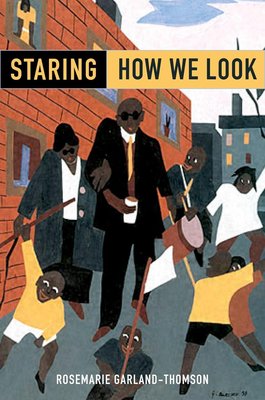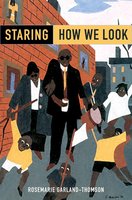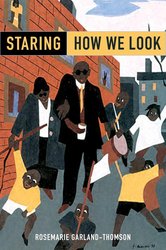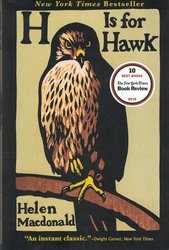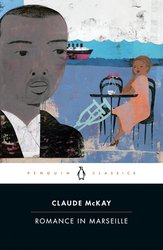The Subtle Art of Appreciating ‘Difficult Beauty’
When is the last time you paused — truly paused the flow of life — to appreciate something beautiful? For as long as we know, humans have sought out beauty, believing deeply that beautiful things and experiences can enhance our lives. But what does beauty really do to us? How can it fundamentally alter our experience of the world?
Beauty is always “teaching me something about my own mind,” says the writer and philosopher Chloé Cooper Jones. In her book, “Easy Beauty,” Jones takes readers on a journey across the globe and into her intimate family life to explore what beauty has done for her and what it can potentially do for all of us.
At the core of Jones’s book — and of this conversation — is a distinction between two radically different kinds of beauty. On the one hand, there’s “easy beauty”: a Renaissance painting, a sunset, a deliciously prepared meal. Easy beauty includes the kinds of things we are taught to consider beautiful. But Jones argues there’s also a deeper form of beauty — a “difficult beauty,” which can be found in places that may initially strike us as mundane, messy, even ugly. That is, if we clear the space within our own minds long enough to look for it.
This conversation also explores how Jones’s relationship to her disabled body has changed over time, what it means to appreciate the physical world more fully, how all of us are affected by our society’s crushing physical beauty standards, how Jones has created a “neutral room” in her mind to cope with those difficult standards, what attending a Beyoncé concert taught her about “radical presence,” what a celebrity party Peter Dinklage attended revealed about how far we need to go in respecting different bodies, why it is worth it to “make friends” with the idea that we may all become disabled or incapacitated at some point, how children reflect and reveal parts of ourselves we didn’t even know existed, what advice she has for those of us who spend very little time considering beauty but could benefit from it as Jones has, and more.
